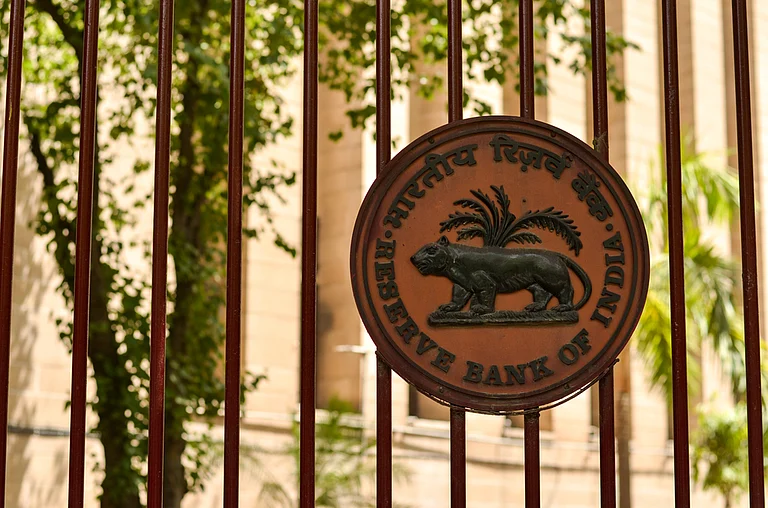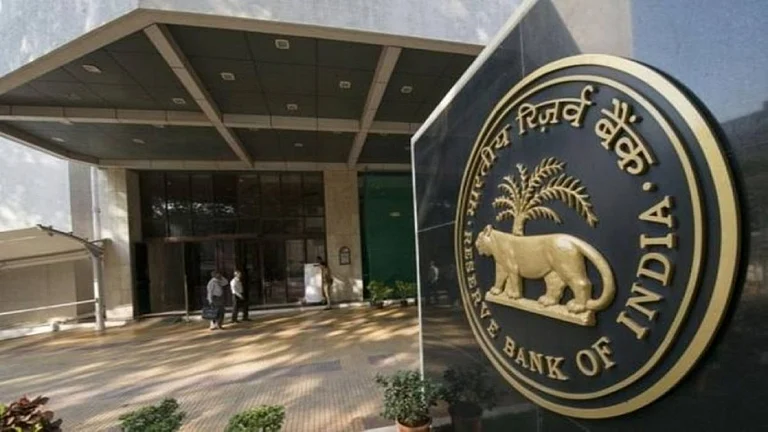Reserve Bank of India (RBI) Governor Sanjay Malhotra said on Tuesday that they are reviewing their norms on bank ownership, which may include allowing foreign banks a bigger stake in local lenders.
The central bank will check if foreign banks can be permitted to own 26 per cent in Indian banks “as a general matter of policy”, the governor said. At the moment, even though foreign investors, including portfolio investors, are allowed to own up to 74 per cent in Indian banks, a strategic foreign investor is restricted to maximum stake of 15 per cent.
Despite the restriction, the RBI can still review and permit a request from an investor wishing to raise the stake to 26 per cent. These aspects will be looked at during the review while the central bank streamlines the norms, Malhotra further said.
As per a Bloomberg report, when asked whether the regulator would reverse its age-old concerns on letting business conglomerates own banks, he said, “Conducting business and real economic activities within the same group has conflict of interest.”
As of now, an internal committee at RBI has reviewed the existing liquidity management framework, Malhotra added. He further mentioned that they release a report by the end of this month which will detail the findings from the review.
Governor Malhotra also said that the bank may consider cutting interest rates further if the inflation falls beneath its projection or if the growth comes under pressure in India.
Speaking to CNBC-TV18 in an interview on Tuesday, the RBI head stated, “The monetary policy committee will always factor in the evolving situation, the outlook, and then decide what the economy really needs. He further said, “Certainly, the policy rates can be cut” if inflation is lower than the forecast made by the central bank or if growth remains weak.
Besides, in June, retail inflation declined to over six-year low of 2.1 per cent, nearing the RBI's comfort zone, amid subdued prices of food items, including vegetables, driven by widespread monsoon.
In May, the Consumer Price Index-based inflation was 2.82 per cent and in June it was 5.08 per cent. Since November 2024, inflation is on a decline.
Year-on-year inflation rate based on CPI for the month of June 2025 over June 2024 is 2.1 per cent, the National Statistics Office (NSO) said in a statement.
































